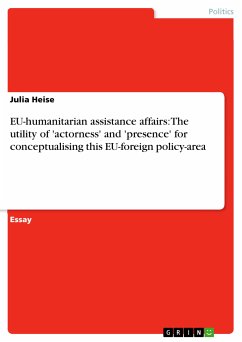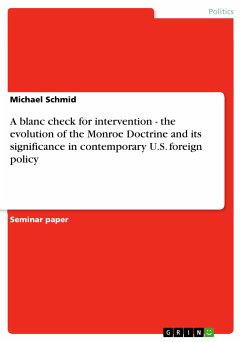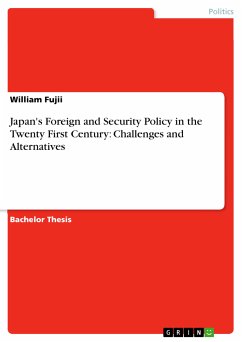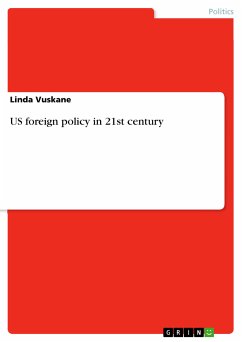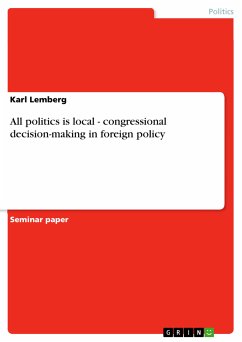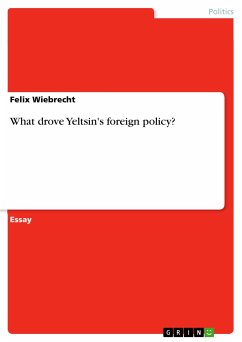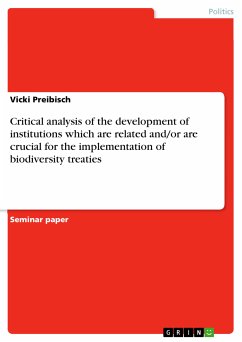Seminar paper from the year 2006 in the subject Politics - Topic: European Union, grade: 1,0, University of Münster (Politikwissenschaft - European Studies), course: European Law, language: English, abstract: The European Union today represents undeniably one of the most unusual yet comprehensible political actors in the in the international system. Since the early wake of the 1950s, its capacity has gradually expanded to encompass foreign policy initiatives, ranging from a vast array of foreign policy tools including economic, diplomatic, and now to a very limited extent military operations related to peacekeeping and peace enforcement. This capacity, however, was neither included in the original Treaty of Rome, nor was it predicted by the many observers of European integration. Indeed, when the Treaty establishing the European Economic Community (EEC) was first signed in 1957, the predominant political philosophy held at the time was driven by the deduction that European market integration would bring untrammelled economic growth and prosperity to the region, and that consequently armed conflict which had evidently plagued the European continent for over half a century prior to the conclusion of the Second World War, would become an event of the past. Certainly at this time, no mention was given to the fact that European economic strength should and would translate over into greater foreign policy influence in the international system. While admittedly there were attempts to create a European foreign policy involving the member states of the European Community (EC) which had predated the EEC under the Treaty of Rome, namely the Gasperi initiative of 1952. 1 Such attempts would accompany the ill-fated endeavour to create a European Defence Community under the original six members of the ECSC which had blatantly floundered. Indeed, member states of the EC would have to wait until the 1970s before they could engage in a process of foreign policy cooperation under the European Political Cooperation (EPC) of 1970, in of which, would subsequently become legalized under the Single European Act of 1987. New threats and new requirements concomitant to the rapid geopolitical changes that had transpired from post-Cold War disarticulation would ultimately abet the EPC to elapse under the ratification of the Maastricht Treaty (TEU). Entering into force on November 1, 1993, the TEU provided the EU with new and enhanced competencies, one of which would be the Common Foreign and Security Policy (CFSP) which would be representative of the second intergovernmental pillar of the EU's architecture. [...]
Bitte wählen Sie Ihr Anliegen aus.
Rechnungen
Retourenschein anfordern
Bestellstatus
Storno



